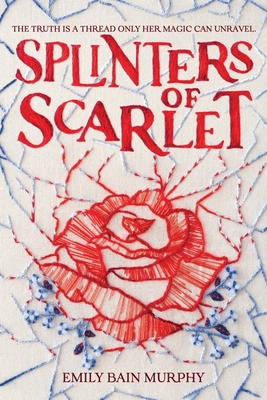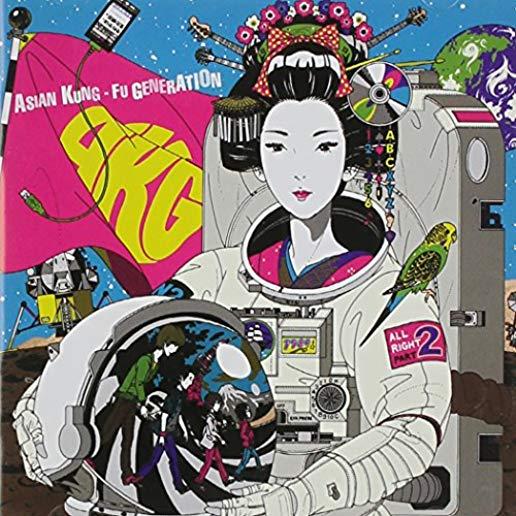
description
the eternally enigmatic Coco Chanel in the aftermath of World War II. Though her name is synonymous with elegance and chic, the iconic Coco Chanel had a complicated dark side, and in late August 1944, as World War II drew to a close, she was arrested and interrogated on charges of treason to France. Many of the facts are lost to history, partly through Chanel's own obfuscation, but this much is known: the charges grew out of her war-time romance with a German spy, and one morning two soldiers from the French Forces of the Interior--the loose band of Resistance fighters, soldiers and private citizens who took up arms in the wake of the Liberation of Paris--led Chanel from her suite at the Ritz Hotel in Paris to an undisclosed location for questioning. What transpired during her interrogation, who was present, and why she was set free when so many other women who'd been involved with German men (willingly or otherwise) had their heads shaved or were imprisoned, remains a mystery. In this brilliantly insightful and compulsively readable novel from the author of I am Madame X, Gioia Diliberto explores the motivations of this complex woman and portrays the gripping battle of wits that could have been her interrogation. Was Chanel truly a collaborator? Though the Occupation of France offered a stark contrast between good and evil, few people are wholly heroes or villains in wartime. Most citizens, as the writer André Gide noted, were like old shoes floating in murky waters: battered and torn, riding the turbulent flow, just trying to survive. By turns raw and vulnerable, steely and flawed, Chanel emerges from these pages as a woman who owns her decisions, no matter the consequences. Rich with history and filled with emotional truths, Coco at the Ritz is a story about the choices one woman made when the stakes were the highest. In today's world, it is a cautionary tale about the necessity of standing against evil when it stares you in the face.
member goods
No member items were found under this heading.
Return Policy
All sales are final
Shipping
No special shipping considerations available.
Shipping fees determined at checkout.







